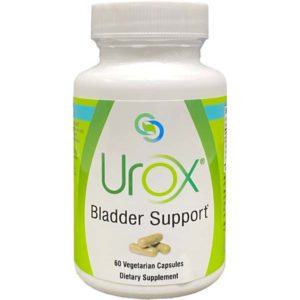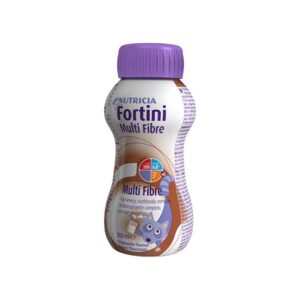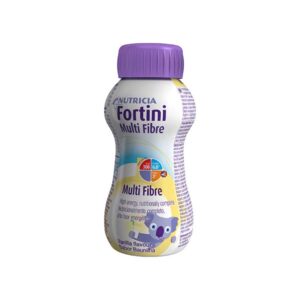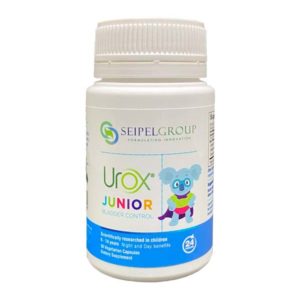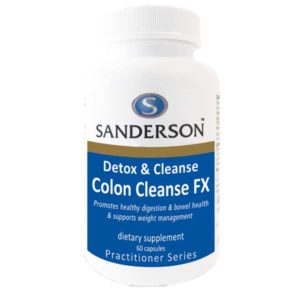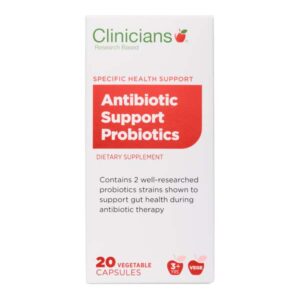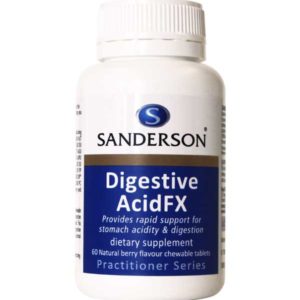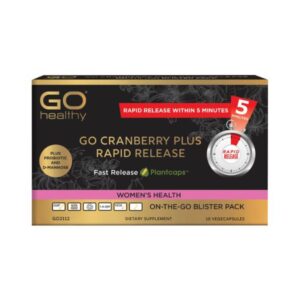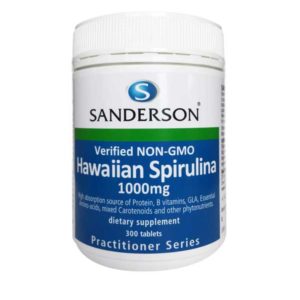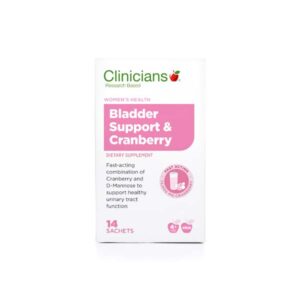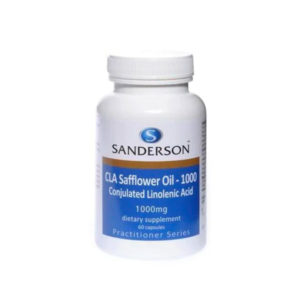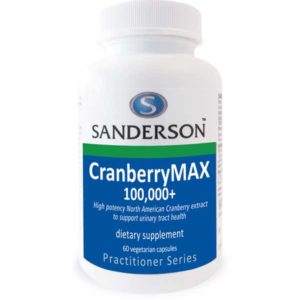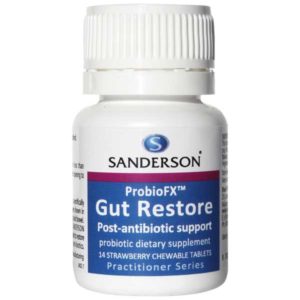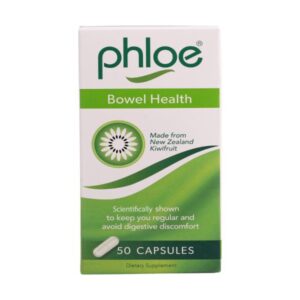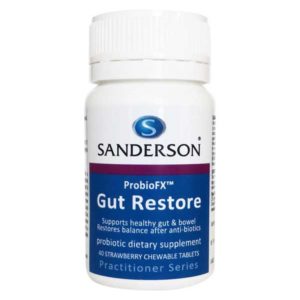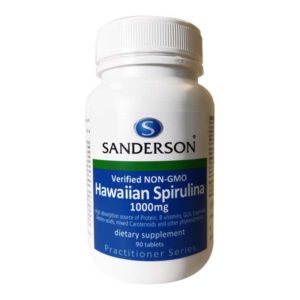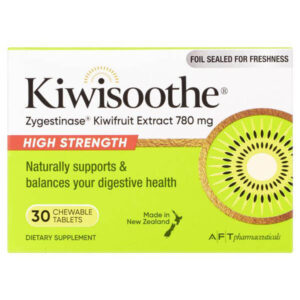
Constipation: It's important to check your medicines for
side effects
There are a range of digestive conditions associated with the gut, many of which can be uncomfortable and embarrassing to deal with. Constipation is a very common condition in which a person has infrequent, uncomfortable, or difficult bowel movements. If you find yourself straining when going to the bathroom, and unable to work out why, it might be caused by your medication. In this article we will look at the symptoms of constipation, some common medicines, and some tips to manage it.
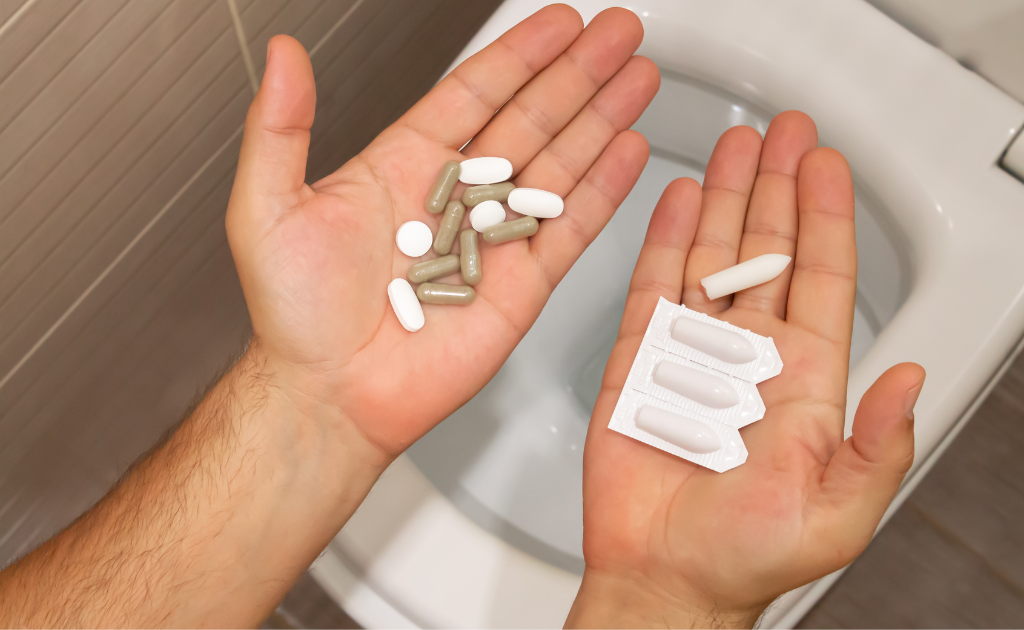
If you are having fewer than three movements a week it may be a sign of constipation. People’s bowel habits can be different depending on a range of factors. Some people may go three times a day, and others could go a few times a week. Therefore, it’s important to look at more than just frequency when identifying constipation.
If you have constipation, you may experience symptoms such as:
Constipation can have many causes, so working out why your bowel is struggling to have bowel movements can be equally frustrating. When you’ve eliminated the common causes like low-fibre diets and dehydration and still don’t have an answer taking a look at your medicines could provide the answer.
It might be straight forward to identify what’s causing the problem when constipation occurs after starting a new medicine or changing your dose of a medicine you are taking. But if that isn’t the case, there are some prescription and over-the-counter medications that are known to cause constipation.
Overuse of stimulant or bulk-forming laxatives can lead to ‘rebound constipation’. Overusing laxatives can lead to your body becoming dependent on them to pass bowel movements.
If constipation goes untreated it can have serious consequences. Straining hard to pass bowel movements can cause hemorrhoids, tears in the lining of the anus (anal fissures), and stress urinary incontinence. In severe cases a blockage can cause a fecal impaction which can have serious, life-threatening complications. That’s why it’s important to treat constipation if you get it. Here are some tips to help prevent and treat constipation.
Stay hydrated: it’s important to stay hydrated to keep your body functioning normally, are advised to drink around 1.5 – 2 litres of fluid each day, and children around 1 – 1.5 litres each day. If you are losing fluid due to hot weather, sweating, exercise, vomiting or diarrhoea, you will need to drink more.
Eat enough fibre: adding fibre-rich foods to your diet will help bowel movements. Foods such as fresh fruits, vegetables, and whole grains are great additions to a healthy diet.
Keep active: regular exercise helps to promote natural muscle contractions in your bowel wall. Try to get at least 30 minutes of exercise per day. This could be a brisk walk.
Try natural laxatives: some foods have a natural laxative effect and may help relieve constipation. These include green kiwifruit, bran, and fruits high in sorbitol (e.g., peaches, plums, apricots, nectarines, and cherries).
Take an OTC medicine: there are many OTC medications for constipation available from pharmacies. Some are meant for short-term use and others for long-term use.
Talk to your doctor or pharmacist: If you are worried about your bowel movements, or that a medicine you are taking is causing constipation speak to your doctor or pharmacist. They can check your medicines and symptoms and make a recommendation.
